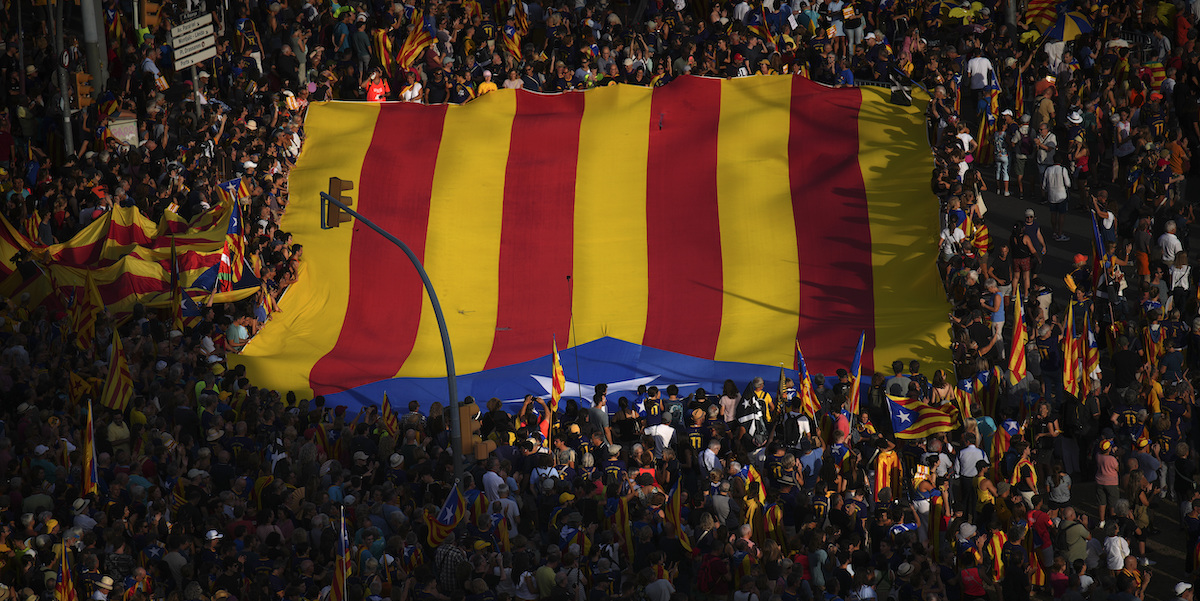In fact, Budapest used its veto to put pressure on another issue that had nothing to do with Kiev: funds frozen for disrespecting the rule of law.
From our correspondent
Brussels
What did European Union leaders decide yesterday?
The heads of state and government reached agreement on a $50 billion aid package for Ukraine within the European Union budget for the period 2024-2027, and on the medium-term review of the European Union budget that will allow financing new priorities: migration and foreign affairs. Dimension (9.6 billion), Strategic Technologies Platform (STEP), Next Generation EU Interest Payments, Emergency Aid Reserve.
Why was yesterday's summit exceptional?
European Union leaders had already tried to reach an agreement at the summit held on December 14 and 15, but Hungary vetoed aid to Ukraine, claiming that it wanted a solution that did not include the use of the European Union budget. In an attempt to convince Budapest, an extraordinary European Council was held that led to the agreement being reached.
What is the Budapest competition?
Multiple EU sources confirmed the inconsistency of Hungarian arguments for blocking the aid plan for Ukraine. Budapest has in fact used its veto to put pressure on another issue that has nothing to do with Kiev: or more than $20 billion in funds (cohesion and planning) that were frozen a year ago by the EU Commission due to its lack of respect for the rule of law.
What is the reason for the stagnation?
Budapest insisted on retaining an annual veto over the aid plan for Ukraine, an unacceptable demand for the other 26 EU countries that are beginning to show very clearly the extremely high level of annoyance it has reached and the end of patience. The previous mediation offer to hold an annual discussion and review on the implementation of the assistance plan for Ukraine was also rejected.
How did we reach an agreement?
EU leaders agreed as follows: 1) The EU Commission will report every year on the implementation of the assistance plan for Ukraine. 2) The European Council annually holds a debate on aid implementation in Kiev; 3) If necessary, within two years, the European Council will invite the Commission to submit a review proposal in the context of the next EU budget. Orbn was not given any veto power.
What about Hungarian money?
In the final text, a reference was added – and this is the most politically important part for Orben because it sounds like a call for order towards the Commission – to the European Council conclusions of December 2020 regarding the mechanism for imposing conditionality on the EU. The rule of law, which is the tool used to freeze part of Hungarian funds. Article 2/e insists on the concept of proportionality and says that measures taken within the framework of the mechanism must be proportionate to the impact of violations of the rule of law on the sound financial management of the Union budget or on the financial interests of the Union and that the causal relationship must be between such violations and the negative consequences on the financial interests. The Union is sufficiently direct and duly proven, but above all the mere discovery of a violation of the rule of law is not enough to activate the mechanism.
Did Orben receive guarantees that the Hungarian funds would be released?
EU Commission President Ursula von der Leyen responded in the negative, explaining that the story is very simple: there is the law. There is the Cohesion Funds Act, the Next Generation EU Act, there is the Conditionality Mechanism Act. These laws have nothing to do with the Ukraine Instrument and the mid-term review.
Corriere della Sera too WhatsApp. Adequate click here To subscribe to the channel to always receive the latest news.
February 1, 2024 (Modified February 1, 2024 | 11:03 p.m.)
© All rights reserved

“Reader. Travel maven. Student. Passionate tv junkie. Internet ninja. Twitter advocate. Web nerd. Bacon buff.”




